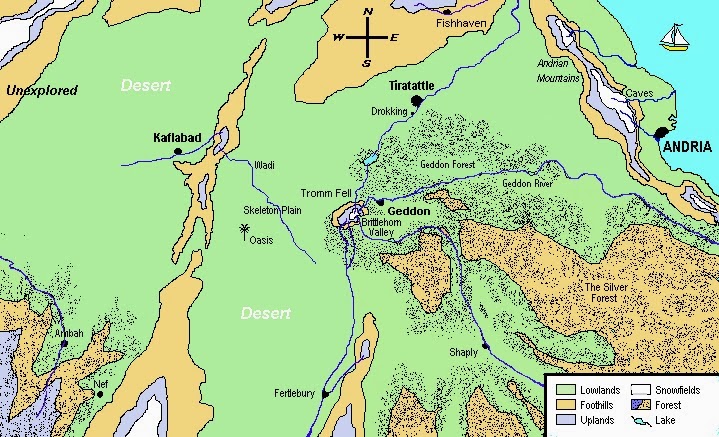I've got stuck - Elizabeth Kay
Oh, it happens, and
it’s horrible. It’s like being in a maze when you can’t find the way out, and
you keep passing the same point over and over again.
Nine times out of ten there will be something wrong with the last
section you wrote. There could be any number of issues here, but usually it’s
just one, especially if you have an idea of where the plot is going. You need
to re-read what you’ve written, as objectively as possible. This means making a
note of the timeline – can everyone get to where they’re meant to be in the
time you’ve given them to do it? It may mean making a map of the terrain.
Are
the characters in the right places? But the most likely glitch of all is
that someone has behaved out of character. They simply would not have done or
said something or other. Have a good hard look at each character, and the
motivation for their behaviour. People (or animals, or mythical beasts!) don’t
do things for no reason.
Some characters seem to come from
nowhere. Others have a starting point with a real person, but very quickly
become themselves. If a character stays too close to someone you know, you’re
always thinking, so-and-so wouldn’t do/say/ think that. The character
must always serve the story, rather than the other way round. But yes, a few of
the more eccentric characters in the Divide
books were inspired by real people.
The person you know better than anyone else is, of course, yourself – so you
use aspects of yourself quite a lot as well. The adventurous bit of me went
into the elf Betony, the indecisive bit into the sinistrom Grimspite, and the
rebellious bit into the gryphon Fuzzy. I also think there’s a lot of acting in
writing. I imagine myself as my characters, and try to see things from their
point of view. It can be a bit embarrassing if I’m walking down the road being
Ironclaw, and flapping my wings to a raptorial song…
Once you’ve isolated the problem, dealing with it can be agonising.
There may be a piece of writing of which you are particularly proud, but if it
doesn’t further the plot/develop the character/expand the theme, it has to
go. Everything you write has to be there for a reason – better still, all
three of the reasons I’ve mentioned above. You should be able to defend every
single sentence if challenged. So – have another look at the last section you
wrote, and be prepared to simply cut it out, go back, and re-write. The tenth reason is that you've over-planned
it, and nothing comes as a surprise any more. Synopses are all very well, but
they can kill something stone-dead. I need what I'm writing to be an adventure
for me, too. If that's the case, change something. Raymond Chandler would have
a man burst through the door with a gun in his hand… Another method is top open
the dictionary at random, shut your eyes and stab, and then try to incorporate
the word in the next sentence. If you do it three times you nearly always come
up with a completely new slant.
 Fictional ideas
are re-combinations of experiences you have already had, so the more places you
go and the more things you try, the more likely you are to come up with ideas.
I usually start with a setting, and I’ll use the places I’ve visited to inspire
me. Sometimes I actually go somewhere to find out more – I went to
Fictional ideas
are re-combinations of experiences you have already had, so the more places you
go and the more things you try, the more likely you are to come up with ideas.
I usually start with a setting, and I’ll use the places I’ve visited to inspire
me. Sometimes I actually go somewhere to find out more – I went to
There are
several of my books that have been completely re-written when things got
sticky. Fury
started life as a book called The Crack, long before crack cocaine
became a household word. It ran to 72,000 words, and was for adults. The
problem was that the main character was a teenager. When I finally realised
this I re-wrote it as a teen book, at 40,000 words. It still did the sticky
thing every so often. In the end it was published by Barrington Stoke for
reluctant readers at 11,000 words, and was a much tighter job altogether! Beware
of Men with Moustaches had over twenty thousand words cut to make it fit into a
series of novellas by different people which, in the end, the publisher decided
to cancel.
And sometimes
there’s just too much going on in your life to devote the sheer energy required
to do the necessary. Currently I have three books that need surgery. I know
what has to be done to each of them, but getting round to it is another story…
and it’s always much easier to start a new one than it is to go back and tackle
creaky nuts and bolts.




Comments